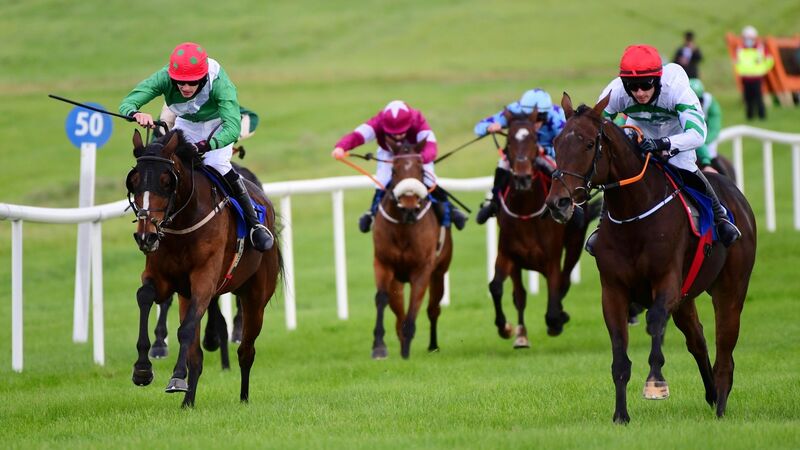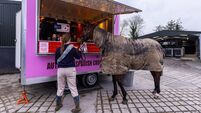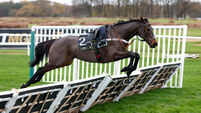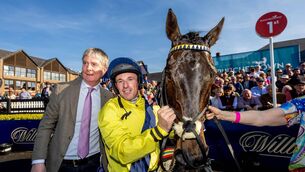Ruby Walsh: Demotion only answer in cases of clear interference

The Bosses Oscar and Gavin Brouder (right) win the He'llberemembered Hurdle from Rightplacerightime and Liam Quinlan (left) at Thurles. Photo: Healy Racing
Everything seems to be changing or have changed in the last seven months, and normal no longer feels normal or is normal in so many ways, all of which you are well aware of. But one thing that needs to change is the rules of horse racing surrounding interference and how it is dealt with.
At Thurles on Thursday we had a classic example of how the rules, written as they are, simply don’t work and we got an interpretation of them that would make VAR look perfect.










